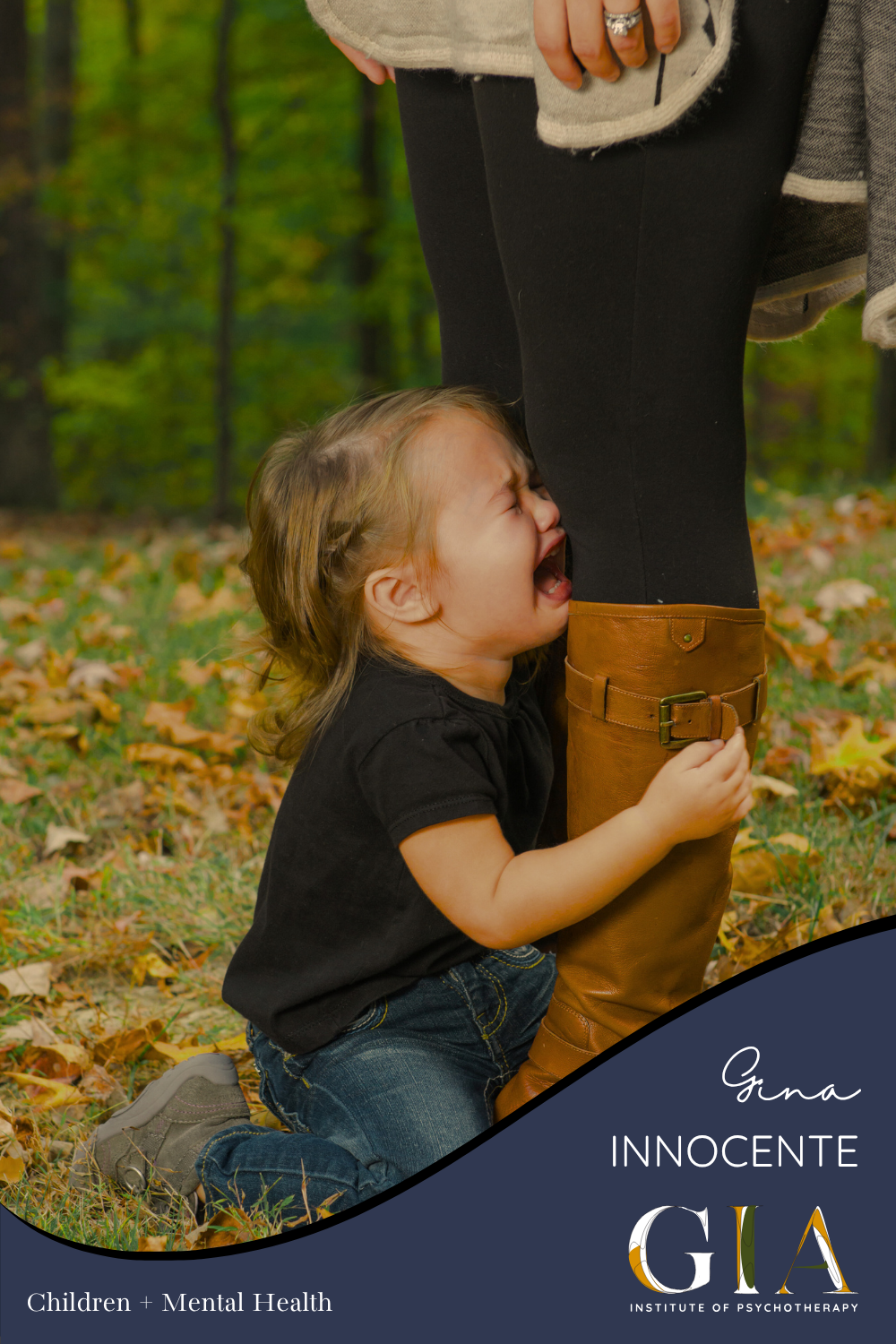A Love Letter to the Deeply Feeling Kid
You know that moment when your child has a full meltdown over something that seems—at least on the surface—so minor? Like the wrong sheets on the bed, or a brother who is staring, or pants that are too scratchy?
If you’re raising a Deeply Feeling Kid, those moments are probably your everyday.
These are the kids who seem to have big feelings. All. The. Time. They might throw a toy when you take a call, refuse to eat lunch when a friend sits next to someone else— or even cry when the dog on TV looks sad. They can go from joy to heartbreak in seconds. They feel their own emotions and everyone else’s, too.
It’s beautiful.
And it's exhausting.
And sometimes it's overwhelming for everyone involved. But here’s the truth I want to say out loud: There’s nothing wrong with your Deeply Feeling Kid. And there’s nothing wrong with you for finding it hard to keep up.
The Gift (and Challenge) of Big Feelings
Deeply feeling kids often grow up to be deeply intuitive, creative, empathetic humans. They are the ones who notice when someone is left out. They care—fiercely. They’re often wise beyond their years. They have rich inner worlds. They see connections others miss. They are old souls.
But that depth comes with intensity. These are the kids who:
Melt down when routines change
Are devastated by “little” things like spilled juice or a scraped knee
Ask big existential questions at 7 years old
Can’t shake off conflict—even after it’s been resolved
Feel guilty, or worried, or ashamed—even when no one’s mad
They don’t have a filter for emotion—they feel everything, all the way. And their little systems are still learning how to hold all that.
What They Need Most
They need us to understand and respect them.
That might look like:
Sitting with them in their “feels”, instead of talking them out of it
Helping them name their feelings (“You’re feeling mad and hurt. That makes sense.”)
Holding boundaries with love—because structure helps them feel safe
Reminding them that they are not “too much,” even when their feelings are
They also need co-regulation. That’s the nervous system-to-nervous system exchange that happens when a calm, attuned parent communicates, “You’re safe. I’ve got you.”
And yes—easier said than done when you’re tired, touched out, and dealing with your own stuff. So here’s your permission slip:
You don’t have to get it perfect. You just have to keep showing up for your kid.
You’re Not Alone (and Neither Are They)
At GIA, we work with a lot of deeply feeling kids - and their caregivers - because we get it. We know how easy it is to feel like you’re walking on eggshells, or second-guessing your parenting, or wondering if maybe your child is “too sensitive.” (They’re not.)
We help kids learn how to handle these big feelings without getting lost in them. And we help parents feel more equipped, more connected, and more grounded in the process.
Because the goal isn’t to make the feelings go away.
The goal is to help your kid feel safe in their bodies, safe in their relationships, and safe being exactly who they are.
If this sounds like your kid—or your family—we’d love to support you.
Reach out. We’re here to help.
As relational therapists, we believe that working with a therapist who “gets” you, one who you trust can help you, is the foundation for successful therapy. To ensure the best possible match, we'll schedule a consultation to discuss your specific needs and preferences. We'll consider your cultural background and identity, your goals, and your financial situation to help connect you with a therapist who is right for you.
For in-person sessions in South Jersey, our office is located in downtown Somers Point, NJ. For your convenience, we also offer online sessions for anyone in New Jersey.







